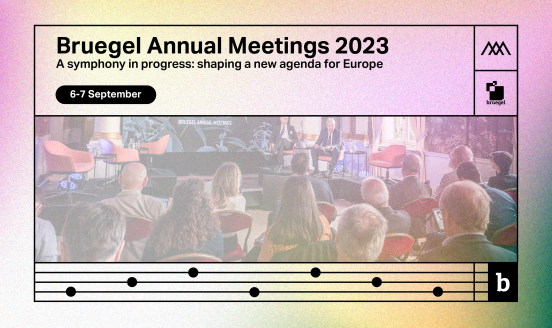The importance of being financially literate
This event focused on the importance of financial literacy and the possible policies that could be developed to improve it.

video & audio recordings
event materials
Presentation by Jean-Paul Servais
Presentation by Annamaria Lusardi
summary
Financial literacy is of vital importance now compared to the past given the changes occurred in the different sectors of the economy. For instance, there are not only increased opportunities to invest in the financial markets but also to borrow among others. Pension systems, education and healthcare are also transforming. Therefore, the changes tend to be multifaceted and wide spread. The critical question is to what extent people are financially literate given the rising need to make financial decisions in constantly changing circumstances? Indeed, does financial literacy matter for those decisions? If so, in which ways? Moreover, which policies or programmes can influence financial literacy?
Individuals who are financially literate are less likely to be financially fragile and make financial investments. To measure financial literacy so called 'Big Three' questions are usually asked: The first question is about making simple calculations in the context of interest rates. Another one is concerned with what people know about inflation. The last is a question about risk diversification. The selection of the 'Big Three' questions is primarily driven by the fact that financial decisions are mostly about the future. Results of the research done on the financial literacy indicate that less than half of the population can answer these three basic questions. Risk diversification is the most difficult concept to grasp.This finding points to the general lack of knowledge of fundamental financial concepts.
There are also some gender differences in the levels of the financial literacy. On average, a higher proportion of men answer the questions correctly, but it does not mean that women are more likely to be incorrect. Women are just more likely to answer “I don’t know” to the financial literacy questions.
Overall, there is a consensus on the fact that developing financial literacy abilities is commensurate to developing reading and writing skills in the modern world. Hence, there is a rising desire to begin financial education from the early age onward.
The development of financial literacy can be seen as a collection of three consecutive steps in the short, medium and long term. The first short-term pillar focuses on the general public, particularly on information sharing and provisions. The second medium-term step revolves around stockholders and education with the primary goal being the co-ordination of projects with partners as well as more investments in scientific research on financial literacy questions. Lastly, the long-term strategy is to use some of the technological advances to enhance financial literacy levels.
Event notes by Yana Myachenkova



